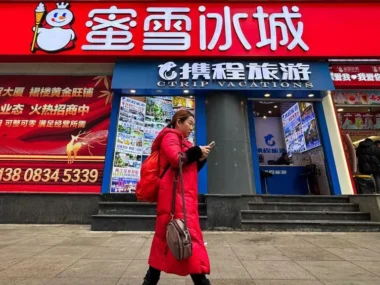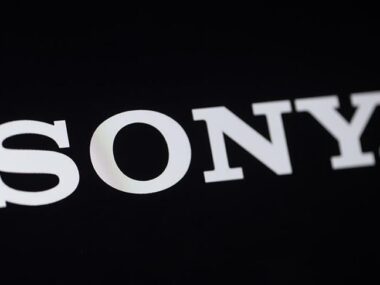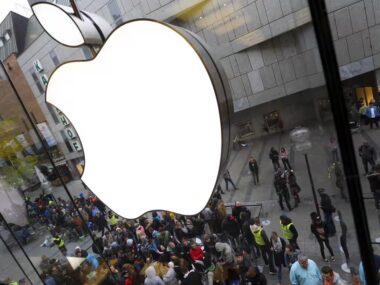Apple’s stock experienced a 2.9% decline on Thursday due to reports suggesting that China intends to extend its ban on the use of iPhones to government-affiliated entities and businesses. This development has raised concerns among investors about the challenges Apple, the world’s most valuable public company, might face in conducting business in the second-largest global economy.
On Wednesday, Apple witnessed its most significant daily drop in over a month, resulting in a loss of approximately $200 billion in just two days. Presently, its stock ranks as the poorest performer in the Dow Jones Industrial Average.
The potential expansion of these bans in China could be a troubling sign for Apple. China serves as the company’s largest foreign market, contributing about a fifth of its total revenue in the previous year. While Apple doesn’t disclose specific iPhone sales figures by country, analysts at research firm TechInsights estimate that last quarter, there were more iPhone sales in China than in the United States. Furthermore, a significant portion of Apple’s iPhones are manufactured in Chinese factories.
Apple, headquartered in Cupertino, California, holds a significant presence in Beijing’s economy, as noted by Brandon Nispel, an analyst at KeyBanc Capital. This presence has historically granted the company a certain level of safety from government-imposed restrictions in China. However, the recent reports of potential bans raise a significant question: “Is the government altering its position regarding Apple?”
According to the Wall Street Journal’s report on Wednesday, China had implemented a ban on the use of iPhones among central government officials, with managers informing their staff about this prohibition through chat groups and meetings.
On Thursday, Bloomberg further reported that these bans had been expanded to include state-backed enterprises, such as the prominent energy company PetroChina, which employs millions of workers and holds significant influence in the Chinese economy.
In a note released on Thursday, analysts at Bank of America pointed out that this potential iPhone ban coincides with the launch of a new high-end flagship smartphone by the Chinese manufacturer Huawei. Analysts found the timing of these developments to be noteworthy.
On a related note, the US government announced on Tuesday that it was conducting an investigation into this new Huawei smartphone. National Security Adviser Jake Sullivan, during a White House press briefing, emphasized the need for “more information about precisely its character and composition” to determine whether parties had circumvented American restrictions on semiconductor exports in creating the new chip.
Following this news, tech companies faced declines, with the Nasdaq Composite experiencing a drop of about 0.9% on Thursday, and the semiconductor sector witnessing a decline of over 2%.
CNN has attempted to contact both Apple and China’s Ministry of Foreign Affairs, but as of now, they have not received any responses from either party.











